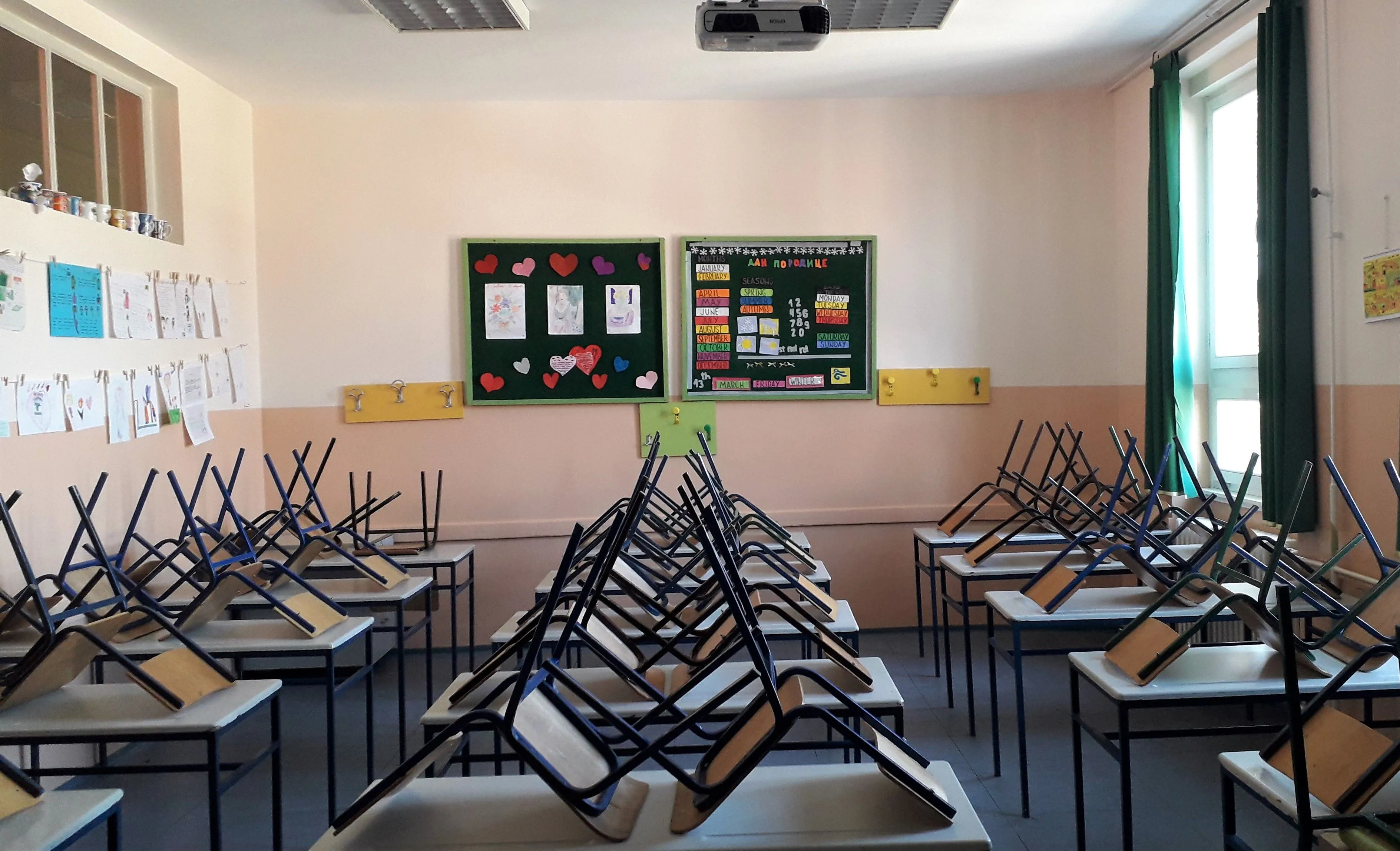Wereldvoedselproductie neemt gestaag toe
Malthus moet voorlopig nog even in de wachtkamer blijven.
Eerder schreef ik:
Volkskrant (Gerard Reijn) weer op klimaatalarmistische toer.
De Volkskrant kon het weer niet laten om zijn steentje bij te dragen aan de verkondiging van het alarmistische opwarmingsevangelie dit keer niet Martijn van Calmthout (die zich nu vooral met elementaire deeltjes bezighoudt ik lees hem daarover graag) maar Gerard Reijn. Evenals zijn naamgenoot, Rembrandt, schildert hij in krachtig clair obscur de verschrikkingen die ons wat de voedselproductie betreft te wachten staan als de opwarming van de aarde (die maar steeds niet wil komen) toeslaat.
Onder de titel, 'Klimaat bedreigt voedselproductie', met als ondertitel, 'De opwarming van de aarde bemoeilijkt landbouw in warme, arme landen. Extra opbrengst in koelere streken weegt daar niet tegenop, blijkt uit een uitgelekt conceptrapport van het IPCC', schreef hij:
Door de opwarming van de aarde zal de voedselproductie dalen. Dat is de conclusie van de werkgroep II van het IPCC, de VNorganisatie die de klimaatverandering in kaart brengt, deze week gaat trekken. Honderden wetenschappers komen vandaag bijeen in Yokohama in Japan. Zaterdag stellen ze hun eindrapport vast. Het laatste concept daarvan is uitgelekt via slideshare.net.
De gevolgen van de klimaatverandering kunnen volgens het rapport ingrijpend zijn: mislukte oogsten, gebieden waar minder, misschien nauwelijks nog iets te verbouwen valt, op de ene plek droogte elders overstromingen, en stormen en planten en diersoorten die uitsterven, miljoenen mensen zullen in deze eeuw op zoek gaan naar beter bewoonbare gebieden en het aantal gewelddadige conflicten inclusief burgeroorlogen neemt toe.
Maar hoe weet het IPCC dat? Duimzuigen? ....
Roy Spencer heeft daarentegen de feitelijke ontwikkeling vanaf 1960 van de wereldproductie van een aantal voedselgewassen onderzocht. Deze laten alle een gestage groei zien. Onder de titel, 'The Next Great Famine or Age of Abundance? Schrijft hij daarover:
One of the most annoying things about climate forecasts is the apparent need to predict catastrophe. Of course, it makes good press, like the latest from Bryan Walsh at Time, Climate Change Could Cause the Next Great Famine.
While such theories can always find a home with some learned academics, for those who do rather than teach, the world is a very different place. ...
Here in the U.S, as well as globally, grain production as well as yields (in bushels per acre) have been on an upward linear trend for at least 50 years, primarily due to improvements in varieties (e.g. with greater drought tolerance) and growing practices ...
Most year-to-year interruptions in normal growing weather are due to heat waves and droughts, or less frequently, floods. High corn yields are favored by a warm spring with dry planting weather, a not-too-hot summer with sufficient rain (the most important growing period), and a warm, dry fall.
If we examine observed summer (June/July/August) temperatures over the corn belt, we see no obvious warming in the USHCN data. This is in stark contrast to the average of 42 climate models available through the KNMI Climate Explorer for approximately the same region as the corn belt ...
The IPCC claims there is a negative impact of global warming on corn, but the experts I have talked to say there is no way to get that out of the data. You would have to have accurate quantitative knowledge of the technological trend, which you dont.
In other words, without an accurate removal of the factors leading to the huge increase in corn yield (which is not possible), you cant back out of the data any kind of climate-related signal. (If anything, the face-value evidence is that warming leads to higher yields, not lower.)
And without that accurate quantitative knowledge (and no evidence of observed corn belt climate change anyway), they tell me there is little reason to depart from a forecast of slowly increasing corn yields in the coming years.
So, unless you are an academic who is trying to remain relevant to the real world by forecasting doom and asking for government grants to support your Malthusian view of the world (wherein population increases exponentially and food production remains more constant), the real world scenario is that population will level off in the next 50 years, while grain production and yields will likely continue to grow, at least for the foreseeable future.
Aldus Roy Spencer.
Malthus moet dus nog een tijdje zijn beurt afwachten.
Lees verder hier.
Voor mijn eerder DDS-bijdragen zie hier.
Ga verder met lezen
Dit vind je misschien ook leuk
Laat mensen jouw mening weten


